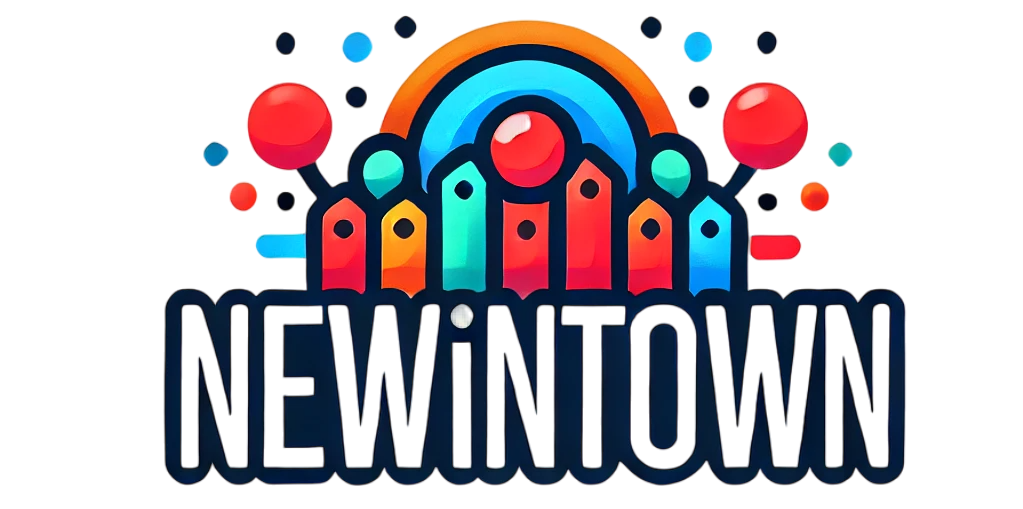Innovative Marketing Strategies for Modern Digital Entertainment Platforms
In today’s competitive landscape, digital entertainment platforms need to adopt robust and creative marketing strategies to capture the attention of audiences and maintain growth. The shift from traditional advertising to a more dynamic and user-centric approach has become crucial. Here are some impactful strategies that digital entertainment platforms should leverage to thrive in this fast-evolving industry.
First, creating engaging content tailored to the target audience is the foundation of any successful marketing strategy. Platforms need to understand their audience’s preferences and produce content that resonates with them. Personalized experiences, such as curated playlists, custom recommendations, or interactive features, enhance user engagement and loyalty. Leveraging data analytics tools to study user behavior and preferences can guide content creation and optimize marketing efforts.
Social media marketing remains a powerhouse in the promotion of digital platforms. Engaging in strategic partnerships with influencers and content creators can amplify a platform’s reach and connect with diverse audiences. Short-form video content on platforms like TikTok, Instagram Reels, and YouTube Shorts is particularly effective for capturing attention and creating viral trends. Integrating social proof, such as user-generated content, reviews, and testimonials, can also foster trust and encourage new users to join.
Email marketing, while traditional, still holds immense value when done right. Personalized, engaging newsletters that offer sneak peeks, exclusive content, or personalized recommendations can rekindle interest and boost user retention. Automated email campaigns triggered by user behavior—such as welcome emails, reminders about unfinished episodes, or recommendations based on viewing history—can keep users engaged and connected to the platform.
A well-executed search engine optimization (SEO) strategy ensures that a platform appears at the top of search results, attracting organic traffic. SEO efforts should extend beyond website content to video and audio metadata, improving discoverability on search engines and within the platform itself. Additionally, paid advertising campaigns, when combined with organic SEO, can create a comprehensive strategy that enhances visibility and drives user acquisition.
Collaboration with other platforms or hosting cross-promotional events can also create a buzz and bring in new users. For example, joint campaigns between a digital entertainment platform and a complementary service, such as a popular app or brand, can yield significant benefits. Hosting live-streamed events, webinars, or virtual meet-and-greets featuring prominent creators can draw significant attention and boost user activity.
Finally, a mobile-first approach cannot be overlooked. With an increasing number of users accessing content via mobile devices, optimizing apps and websites for seamless, fast, and enjoyable experiences is essential. This includes ensuring quick loading times, intuitive navigation, and personalized user interfaces that cater to both casual viewers and dedicated subscribers.
In conclusion, digital entertainment platforms must remain adaptable and innovative to stand out in a crowded market. By combining data-driven insights, personalized marketing, social media engagement, SEO, influencer partnerships, and cross-platform collaborations, these platforms can create impactful campaigns that foster growth and long-term user loyalty.
#DigitalEntertainment #MarketingStrategies #AudienceEngagement



